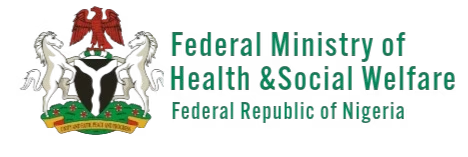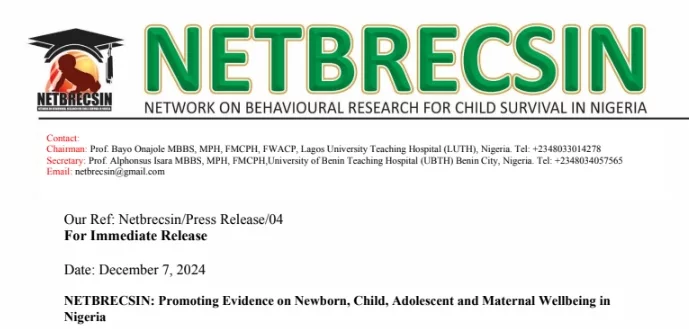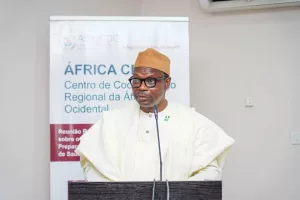NETBRECSIN: Promoting Evidence on Newborn, Child, Adolescent and Maternal Wellbeing in
Nigeria
In a historic move towards improving public health and combating cervical cancer, Nigeria has officially
launched its Human Papillomavirus (HPV) vaccination campaign. This initiative aims to vaccinate girls
aged 9 to 14 years, marking a significant step in the nation’s commitment to reducing the burden of cervical
cancer, which is the second most common cancer affecting women in Nigeria.
Cervical cancer is a critical public health challenge in Nigeria, with over 12,000 new cases and nearly
8,000 deaths reported annually. The introduction of the HPV vaccine is not only crucial for preventing this
disease but also aligns with Nigeria’s broader strategy to achieve the Sustainable Development Goals
(SDGs), particularly SDG 3: Good Health and Well-Being, and SDG 5: Gender Equality.
Since launching the campaign in October 2023, Nigeria has successfully vaccinated over 12 million girls
against HPV, which can reduce their risk of developing cervical cancer by up to 90%. The phased
introduction of the HPV vaccine will initially cover 15 states and the Federal Capital Territory, with plans
to expand to an additional 21 states by 2024. This strategic rollout is based on lessons learned from other
countries that have successfully implemented similar programmes.
While sharing his thoughts on the “epidemiology of HPV and HPV vaccine introduction in Nigeria” at
the 23rd meeting of the Network on Behavioural Research for Child Survival in Nigeria (NETBRECSIN),
Professor Auwal Umar Gajida, a leading expert in Public Health and Community Medicine at Bayero
University, Kano, asserted that “The HPV vaccine is a vital tool in our fight against cervical cancer. It has
been shown to effectively prevent infections with high-risk HPV types that cause the majority of cervical
cancer cases.” He further emphasized that early vaccination can significantly reduce the incidence of
cervical cancer, and other cancers like vaginal, anal, and oropharyngeal cancers, particularly when
combined with screening and treatment strategies.
Professor Gajida further stressed that this campaign is not just about vaccination; it represents Nigeria’s
commitment to empowering women and girls in Nigeria. As such by ensuring that every girl has access to
this life-saving vaccine, Nigeria is taking significant steps toward eliminating cervical cancer, which is a
public health problem.
However, significant challenges such as low awareness levels, cultural misconceptions about vaccination,
logistical barriers, unavailability of vaccines, and challenges with supply chain still hinder widespread
vaccine uptake. Addressing these challenges requires designed and coordinated targeted community
engagement and sensitisation initiatives to dispel myths and encourage participation.
Therefore, as Nigeria embarks on this critical journey towards cervical cancer elimination, it is imperative
that healthcare providers, community leaders and citizens join forces in supporting this vital initiative.
Together, we can create a healthier future for our daughters and generations to come.
Contact:
Chairman: Prof. Bayo Onajole MBBS, MPH, FMCPH, FWACP, Lagos University Teaching Hospital (LUTH), Nigeria. Tel: +2348033014278
Secretary: Prof. Alphonsus Isara MBBS, MPH, FMCPH,University of Benin Teaching Hospital (UBTH) Benin City, Nigeria. Tel: +2348034057565
Email: netbrecsin@gmail.com
For more information, please contact – email: netbrecsin@gmail.com; Tel#: 08025416581
Prof. Bayo Onajole Prof. Alphonsus Isara
Chairman Secretary
Download PDF Here



